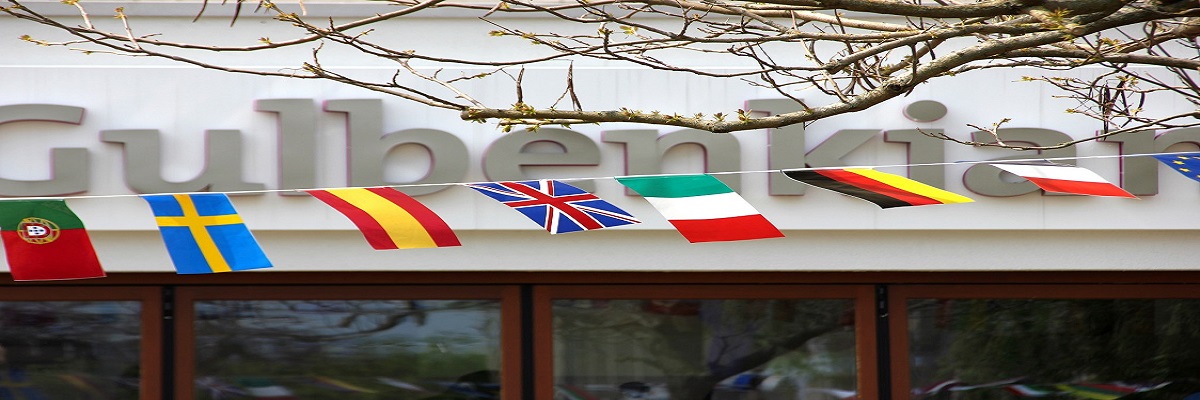Charlie is studying his PhD with the School of History, after studying both BA History and MA Modern History (Research) at Kent.
Why did you choose to study at Kent?
I developed a good bond with my supervisors during my Masters year, and I wanted the opportunity to be part of a very strong History department – one that is research-driven but encourages high standards of teaching too.
What attracted you to the course?
I was keen to explore my research topic in greater depth and the possibility of securing funding to continue to work on a subject that I am passionate about.
What are you particularly enjoying about your studies/time here?
I am really enjoying using my studies to open up other opportunities – for instance, I have been working with the Partnership Development Office to tutor secondary school students on a range of historical topics. All of this fits into the wider academic experience which is available at Kent.
Have you been required to take on any teaching so far, and if so, how have you found it?
I have done no teaching of undergrads as yet, but I am trying to build up some relevant skills in advance through my work with A-Level students at local schools, and on campus.
What field are you currently conducting your research in?
I am looking at the history of post-war Germany and in particular the British exploitation of science and technology therein.
What are the facilities like in the school and on campus generally?
The School of History offers many great facilities, including a dedicated postgraduate study room, while the Templeman Library has a wonderful set of resources and plenty of space to work and study, whether individually or in groups.
What is the level of support like here for PhD students?
The support on offer is excellent. Contact with supervisors is arranged on a one-to-one basis and the administrative support for the History Office is very thorough, offering guidance on everything from teaching commitments to funding applications.
How are you funding your PhD?
I am fortunate enough to be a recipient of one of the University of Kent’s 50th Anniversary studentships, which covers my tuition and provides me with a maintenance stipend which is roughly equivalent to an average graduate salary. I also supplement this with additional work through the Partnership Development Office.
What does doing a further degree give you that your first degree doesn’t?
Apart from the opportunity to extend the depth of my research and produce a substantial contribution to the field of scholarship, the PhD will also help me prepare for a future career in academia.
How do you think your studies at Kent will affect your employment prospects?
Skills such as teaching, networking and disseminating research are all parts of the Kent History experience and all will prove valuable in an employability sense. I believe that undertaking a PhD at Kent will give my employment prospects a significant boost.
What advice would you give to someone thinking about studying a PhD at Kent?
Take time to choose the right research topic. You will be intimately involved with it for 3-4 years so you need to make sure that you can sustain your interest and passion in it, and that there is enough material to warrant such a prolonged period of study.
What are you planning to do next? What career are you interested in?
The end of the PhD still feels a long way off for me, but my hope is to pursue a career in academia or historical research, preferably in the USA.

